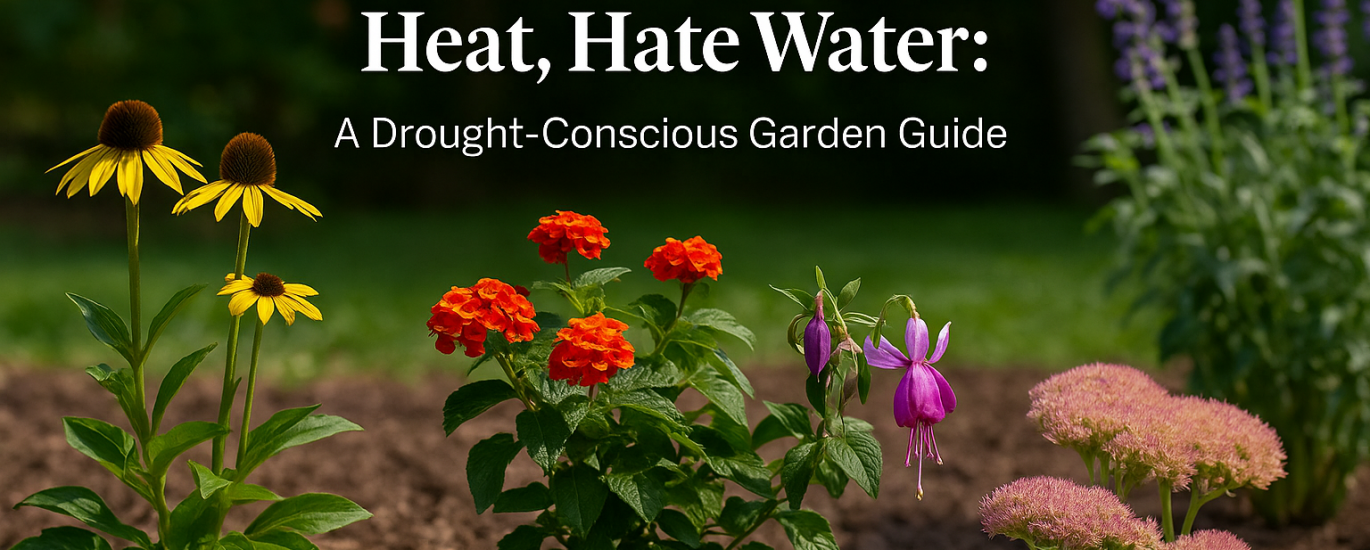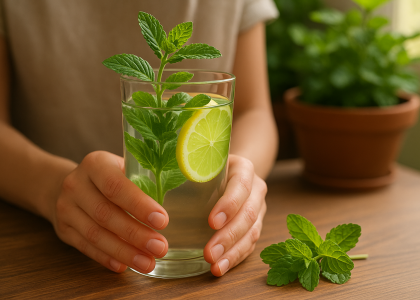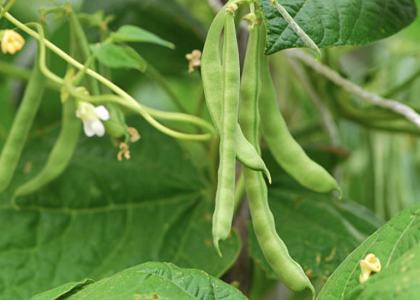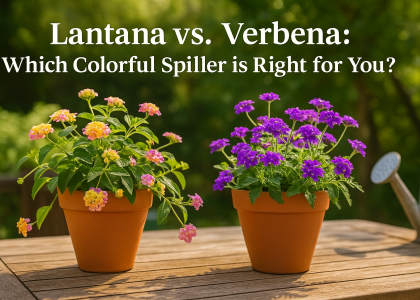Why Drought-Conscious Gardening Matters
As summers grow hotter and water restrictions become more common, especially in places like the American Southwest and California, planting a garden that thrives on less is more important than ever. A drought-conscious flower garden doesn’t just save water—it also supports pollinators, reduces maintenance, and stays beautiful even when the heat is on.
This guide rounds up heat-loving, low-water flowers perfect for containers, borders, and beds. Whether you're in a desert climate or just aiming for smarter sustainability, these plants have your back.
What Makes a Flower Drought Tolerant?
- Deep root systems that seek moisture far below the surface
- Waxy, fuzzy, or silver foliage that reflects heat and reduces evaporation
- Native adaptation to dry climates
- Minimal need for supplemental watering once established
Pro Tip: Water deeply and infrequently to encourage stronger roots.
Top Drought-Tolerant, Heat-Loving Flowers
| Flower | Best Zones | Bloom Time | Highlights | Wildlife Benefit |
| Blanket Flower (Gaillardia) | 3–10 | Late spring–fall | Long bloom season, thrives in poor soil | Attracts bees & butterflies |
| Russian Sage (Perovskia) | 4–9 | Summer–fall | Aromatic, silvery foliage, airy blue blooms | Bee & hummingbird-friendly |
| Coneflower (Echinacea) | 4–9 | Mid–late summer | Native, drought-hardy, great for cut flowers | Supports native bees |
| Verbena | 7–10 | Spring–fall | Spreads low, continuous color | Loved by pollinators |
| Sedum (Stonecrop) | 3–9 | Late summer–fall | Succulent foliage, reliable late color | Bee magnet |
| Lantana | 8–11 | Summer–fall | Heat-proof & deer resistant | Butterflies & hummingbirds |
| Yarrow (Achillea) | 3–9 | Summer | Feathery foliage, tolerates neglect | Beneficial insect attractor |
Container-Friendly Options
Short on space? These drought-lovers also shine in pots:
- Calibrachoa – Self-cleaning mini blooms
- Portulaca (Moss Rose) – Succulent ground cover in bright colors
- Angelonia – Spire-like blooms with minimal upkeep
- Gazania – Bold daisy faces that close at night
Container Tip: Use terracotta or fabric pots, and incorporate water-retaining soil amendments like coconut coir.
Smart Design for Dry Gardens
- Group plants by water needs (hydrozoning)
- Mulch with gravel, bark, or compost to keep moisture in
- Avoid over-fertilizing—lush growth needs more water
- Include stones, paths, or native grasses for structure
- Try combinations like Russian sage + sedum + yarrow for a zero-irrigation border
Bonus: Plant in the fall if possible—roots establish better in cool weather.
Download our sample 4'x6' drought-smart layout sketch with companion planting tips.
Sample Planting Recipe: 4'x6' Bed (Zones 6–9)
- Back row: Russian Sage + Coneflower
- Mid row: Yarrow + Blanket Flower
- Front edge: Sedum + Creeping Verbena
- Optional filler: Portulaca or Lantana for pop & pollinators
Garden Boldly with Less
Drought-conscious doesn’t mean dull. With the right plant palette, you can grow a climate-smart garden that’s vivid, vibrant, and low on water bills.
Download our printable planner: “Drought Tolerant Garden Blueprint”
Save this to your “Low-Water Garden Goals” board
Show us your water-wise wins @Greenmuse using #HeatLoversClub
💬 What’s your favorite heat-tolerant flower—or your biggest dry garden challenge? Share below!





